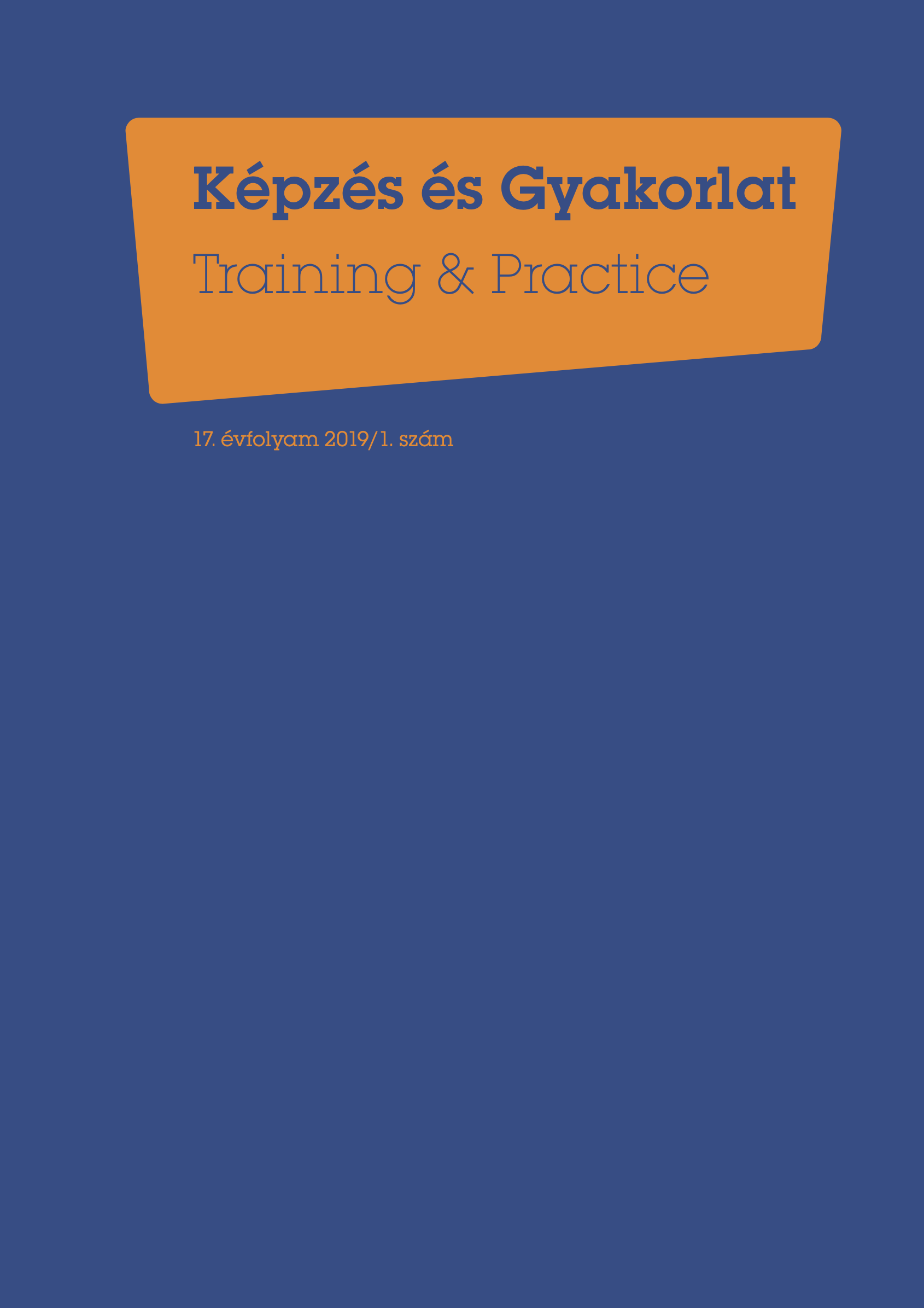The role of the teacher and the blended-learning method
DOI:
https://doi.org/10.17165/TP.2019.1.11Resumen
In our digital and globalized world it is beyond dispute that we, as teachers, need to renew ourselves both professionally and methodologically from time to time. According to Kristóf Nyíri (academic professional MTA) it is reflected – even in 2018 – on the one hand that in the konwledge society life-long learning (LLL) is compulsory and educating people besides working at the same time, and on the other hand the Internet is supposed to be the usual and natural way of everyday orientation and administration/communication (Nyíri, 2003). The teacher would like to join the new society of knowledge even during the lessons or outside of it as the interferer of science, art, languages etc. In the latest decades the role of teachers (at all levels of education) has been going on tremendous changes parallel with the institution of Hungarian education. The roles had to adjust to these changes and expectations. In my study I would like to highlight the role/s of teachers while using blended/mixed-learning method in-, and outside the classroom especially in university eductaion focusing on language teaching.
Referencias
Hoopingarner, D. (2009). "Best Practices in Technology and Language Teaching". Language and Linguistics Compass, Vol. 3. Issue 1. pp. 222-235. DOI: https://doi.org/10.1111/j.1749-818X.2008.00123.x
Nyíri, K. (szerk.) (2003). Virtuális egyetem Magyarországon., Budapest: Typotex.
Ollé, J. (2012). Digitális készségek szerepe a tanulásban - IKT eszközök és az Internet. In: Alma a fán: Fókuszban a tanulás támogatása, (pp. 46-55), Budapest: Tempus Közalapítvány
Prensky, M. (2001). Digital Natives, Digital Immigrants. On the Horizon (MCB University Press), Vol. 9. Issue. 5, pp. 1-6. DOI: https://doi.org/10.1108/10748120110424816
Racsko, R. (2017). Digitális átállás az oktatásban. Debrecen: Gondolat Kiadói Kör. DOI: https://doi.org/10.17717/IQKONYV.Racsko.2017
Szabó, Cs. M. (2017). Pilot Nyelvi Projekt a Dunaújvárosi Egyetemen In: Fodorné Tóth, K. (szerk.), Felsőoktatás, életen át tartó tanulás és az ENSZ fenntartható fejlesztési célok megvalósítása: Higher Education, Lifelong Learning and Implementation of UN Sustainable Development Goals. (pp. 138-154.) Pécs: MELLearN Egyesület.
Varga, M. (1998). A pedagógusszerepek átalakulása napjainkban, Új Pedagógiai Szemle, 48. évf. 7-8. sz. [online] http://epa.oszk.hu/00000/00035/00018/1998-07-ta-Varga-Pedagogus-szerepek.html [2018. 03. 26.]
Descargas
Publicado
Número
Sección
Licencia
Derechos de autor 2019 Bartal Orsolya

Esta obra está bajo una licencia internacional Creative Commons Atribución-NoComercial-SinDerivadas 4.0.








